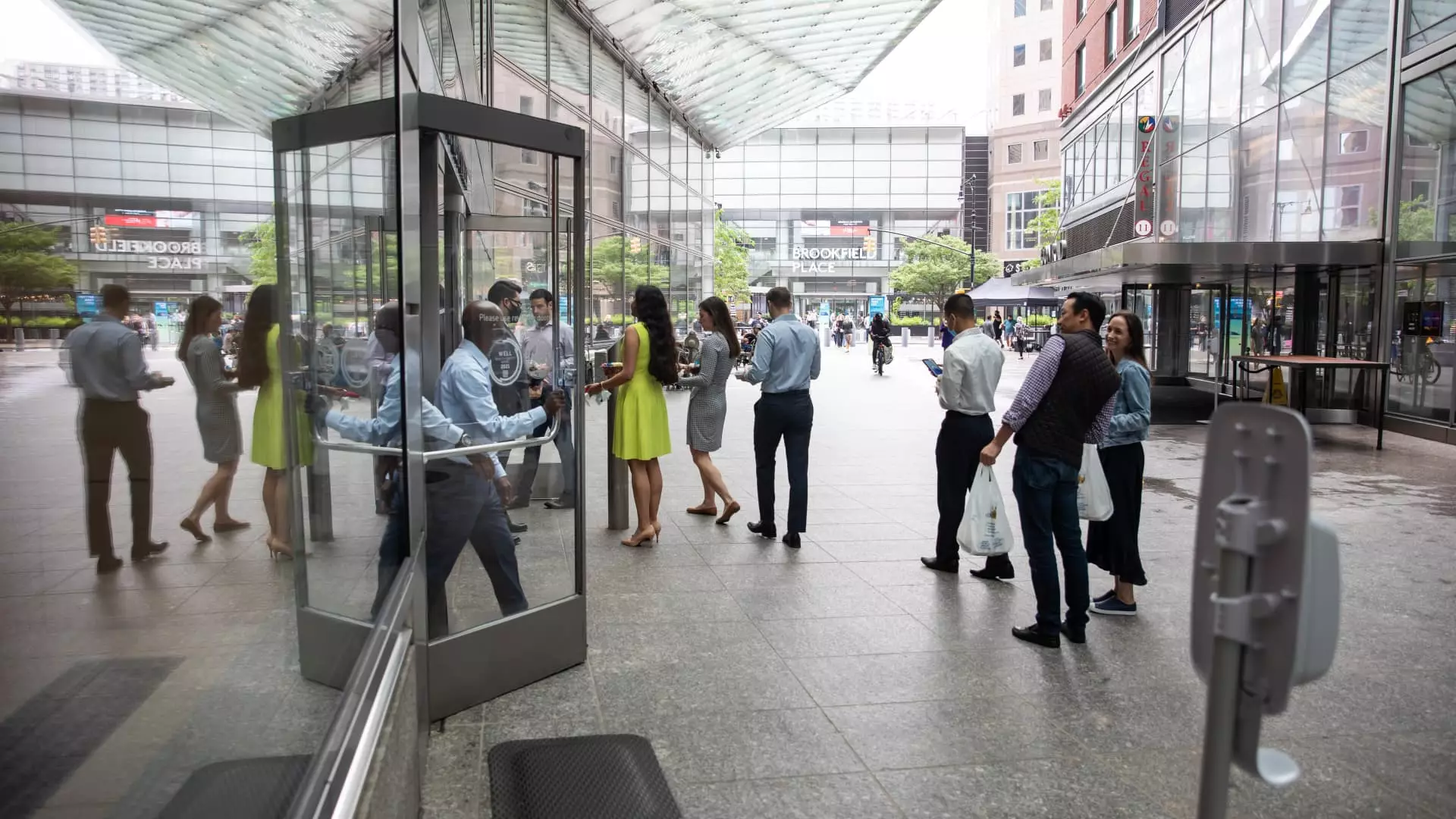The landscape of American commerce is undergoing a significant shift, manifesting in an alarming sense of foreboding among CEOs regarding the nation’s economic health. Recent surveys reveal that a staggering 62% of top executives anticipate an impending recession within the next six months. This figure marks a notable increase from 48% just a month prior, indicating a rapid escalation in economic insecurity. Such sentiment reflects not only the anxiety pervasive in corporate circles but also a broader concern regarding governmental policies that exacerbate uncertainty. The disconnect between political maneuvering and economic stability has never been more apparent, especially as President Trump’s erratic tariff measures inject volatility into the market, leaving executives on edge.
Corporate America on High Alert
The response of nearly three-fourths of surveyed CEOs to the impact of Trump’s tariff strategies reveals a profound discontent with the current administration’s approach to international trade. When industry leaders express that proposed tariffs will harm their operations, it is a clear signal that the very foundation of American business is perceived to be under siege. With about 66% of CEOs opposing these taxes on imports, particularly in the technology sector, the question arises: How can we expect economic growth when the policies from the top are fraught with conflict and ambiguity?
The confidence index, which reflects executives’ views on current business conditions, plummeted 9% in just one month, indicative of a deepening pessimism. This rapid decline is reminiscent of the chaotic early days of the COVID-19 pandemic, where uncertainty reigned supreme. As we witness corporate America grappling with the basic principles of economics, one has to wonder if the political realm is out of touch with the realities of the businesses it oversees.
Cost Burdens and Profit Pressures
The unfolding narrative is sobering for those invested in the American economy. More than four out of five CEOs foresee rising costs this year, a consequence directly tied to the uncertainty surrounding import taxes. With nearly half of the leaders predicting double-digit increases in expenses, the implications for profitability are worrying. Just 37% of executives expect their companies’ profits to improve, a significant decline from 76% just a few months ago. This decline isn’t merely a statistic; it signifies a profound lack of confidence that may ripple across various sectors, ultimately stifling investment and growth.
While the survey does reveal a silver lining–that over half of CEOs find some optimism for improved business conditions in the future–this seems tenuous at best. The variance in sentiments underscores a persistent anxiety; for many in leadership positions, the potential for future growth is overshadowed by immediate concerns about navigating an increasingly tumultuous economic landscape.
A Temporary Glimmer of Hope
Amidst the growing apprehension, there are hints that relief may be on the horizon. Temporary exemptions for certain products, such as smartphones and PCs from proposed tariffs, are a welcome sign for many. However, as Commerce Secretary Howard Lutnick pointed out, these measures are not permanent solutions to the overarching issues at hand. Temporary reprieves may ease immediate concerns but do little to address the long-term structural challenges facing the economy.
As CEOs like Jamie Dimon of JPMorgan Chase project that earnings expectations for S&P 500 firms may decline due to tariff uncertainties, it becomes evident that the stakes are high. Moreover, warnings from influential figures such as Larry Fink of BlackRock further emphasize the precariousness of the current situation, suggesting that the economy may already be teetering on the brink of negative growth.
Confronting the Political Landscape
The connection between corporate America’s expectations and governmental action points to a critical need for coherent economic policy that prioritizes stability over volatility. While the executive branch may rejoice in other economic metrics, the perspective of business leaders—and the domino effect their outlook holds for the economy—demands attention. The failure to address these anxieties through effective and transparent policies could lead to an economic downturn that not only impacts corporations but also reverberates through the livelihoods of millions of Americans.
The current political machinations must prioritize unity and predictability, such that the optimism inherent in our entrepreneurial spirit can flourish rather than flounder.

